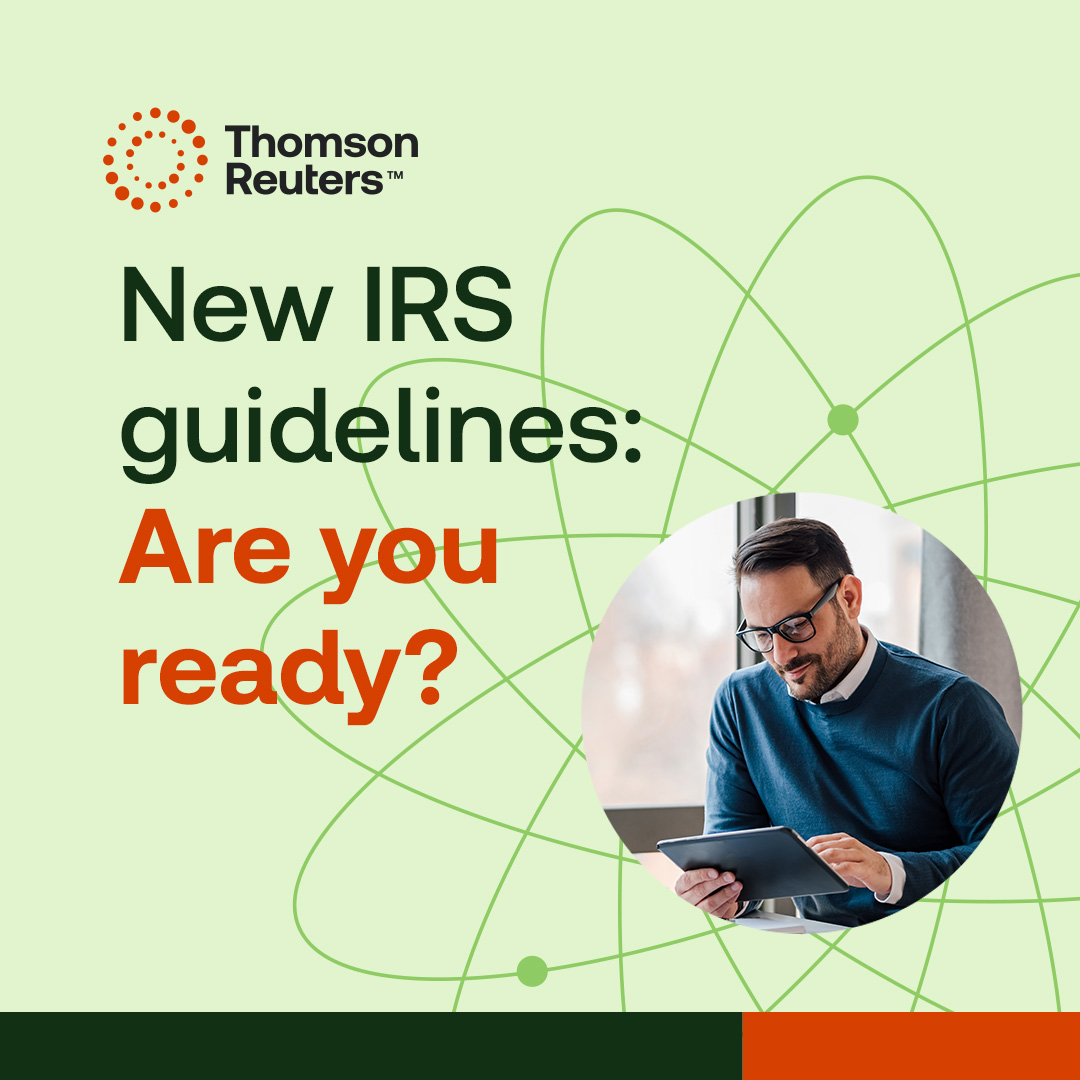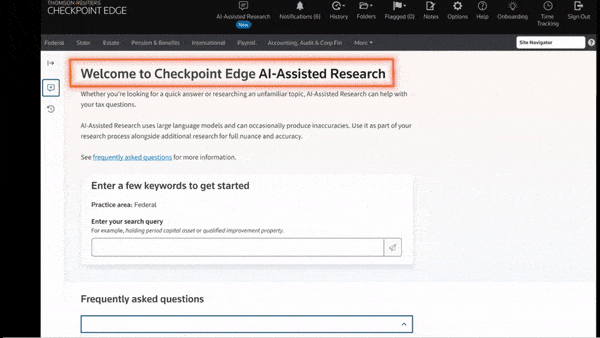As digital assets like cryptocurrencies, NFTs, stablecoins, and tokenized securities become more popular, the IRS is making efforts to ensure these transactions are accurately tracked and reported for taxes.
Jump to ↓
| The impact (and opportunity) for tax professionals |
| Discover the advantages of AI-powered solutions |
| Tackle digital asset regulations with confidence |
As digital assets continue to gain momentum, the IRS is taking significant steps to ensure that these types of transactions— including cryptocurrencies, NFTs, stablecoins, and tokenized securities — are properly tracked and reported for tax purposes. These new regulations are designed to align digital asset reporting with the existing standards applied to traditional financial services.
Broadly speaking, the regulations require custodial brokers to file Form 1099-DA (Digital Asset Proceeds From Broker Transactions) and furnish payee statements reporting gross proceeds and, in certain circumstances, adjusted basis on sales of digital assets affected for customers.
In addition, brokers will be required to report gross proceeds from digital asset sales starting in 2026 for transactions occurring in 2025; and report tax basis information for certain digital asset sales made in 2026, beginning in 2027.
By requiring detailed reporting of digital asset transactions, these regulations aim to close tax gaps and provide greater visibility into taxable activities, reducing the risk of non-compliance.
The impact (and opportunity) for tax professionals
The new digital asset reporting requirements create an essential role for accountants. They are now tasked with guiding clients through the complexities of these rules. Additionally, accountants must educate their clients on their responsibilities regarding digital assets. Finally, they play a crucial part in ensuring that clients accurately report all taxable digital asset transactions.
Because these regulations will undoubtedly bring forth a wave of client inquiries, it is essential for firms to be well-prepared not only from a compliance perspective but also from an advisory perspective. Understanding the intricacies of digital asset reporting can give your firm a competitive edge as a trusted advisor in the rapidly evolving digital economy.
That said, it is important for accountants to harness tools that help them navigate a complex and evolving digital asset taxation landscape. From automating reporting processes to streamlining compliance workflow, enhancing your proficiency in crypto tax planning and advisory services will strengthen relationships with clients and attract new business.
Discover the advantages of AI-powered solutions in ensuring compliance with digital asset regulations
While the immediate focus is on compliance with the 2025 and 2026 deadlines, the broader trend toward digital asset regulation is clear. Firms that invest in expanding their expertise now will be well-positioned as digital assets continue to integrate into mainstream finance.
To effectively navigate the new IRS digital asset reporting regulations, tax professionals should focus on implementing practical strategies and utilizing the right tools.
Start by conducting a comprehensive review of your current reporting processes and identify areas that need adjustment to accommodate digital asset transactions. You can also create a checklist to guide your firm through the compliance process.
The checklist could include key tasks such as:
-
- Updating client intake forms to capture digital asset information
- Setting up systems to track basis and transaction details
- Establishing protocols for issuing Form 1099-DA
Investing in advanced tax software that integrates digital asset tracking and reporting can significantly streamline your workflow, reduce manual errors, and ensure compliance.
As an industry-specific, professional-grade, generative AI tax research assistant, Checkpoint Edge with CoCounsel is the key to enhancing your firm’s proficiency in crypto tax planning and advisory services. Built on Checkpoint’s legacy of authoritative guidance and award-winning editorial expertise, it delivers straightforward answers to even your most challenging questions – just as if you were speaking directly to a subject matter expert or trusted advisor.
By synthesizing expertly written guidance from thousands of primary sources into everyday language, Checkpoint Edge with CoCounsel provides insights into the latest tax regulations, case studies, and best practices for handling digital assets. This empowers even junior staff to confidently find accurate and easy-to-understand answers on their own. By delivering precise and actionable advice on digital asset taxation, your staff can build trust with clients and establish your firm as an indispensable advisor.
Tackle digital asset regulations with confidence
The nuances of the new digital asset reporting regulations will no doubt drive demand for expert advice and advisory services. By offering services such as tax planning, reporting assistance, and financial strategy, your practice can stay ahead of competitors who are slower to adapt—strengthening client relationships and positioning your firm to attract new business in the digital asset space.
Now is the time to leverage technology to navigate the complex digital asset taxation landscape. Discover how Checkpoint Edge with CoCounsel can transform your approach to tax compliance and advisory services, ensuring your firm’s success in the evolving world of digital assets.
 |
|
 |
|







